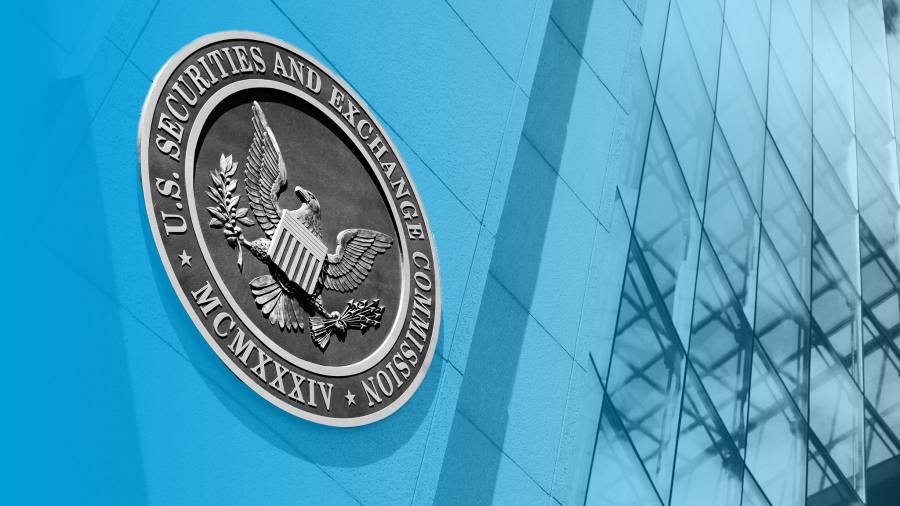Share buybacks, once an American oddity, are taking over the world. Company repurchases of their own stock hit a global record last year of $1.3tn, triple the level of 10 years ago, according to research by Janus Henderson. While US companies remain the biggest buyers, the transactions have gained favour rapidly in continental Europe and the UK since the start of the pandemic.
But more is needed than the unbridled endorsement of activist investors or the reflexive opposition of progressive critics. Instead, we should welcome new efforts to give buybacks the considered scrutiny they have long needed.
Historically, companies with leftover cash returned it to their shareholders as dividends. But in recent years, more and more of them, particularly in growth sectors such as technology, have opted instead to buy back shares, sometimes even taking out debt to do so.
Some investors, particularly those with short-term horizons or those who worry about spendthrift empire building, like that way of doing things. They would rather see the instant stock price boost that a buyback provides by reducing the overall share count. Taxes on capital gains are often lower than on dividends and the recipient controls the timing because the levy only has to be paid when the shares are sold.
Executives in cyclical industries also like that share repurchases are seen as occasional, rather than expected, benefits. That means they can be more easily halted in bad times than dividends, where a cut is seen as a major admission of weakness. Last year, share buybacks accounted for almost half the cash global companies returned to shareholders, up from one-third in 2012, the Janus figures show.
But there are strong reasons to be sceptical. Consider the Invesco exchange traded fund that invests in companies that have bought back 5 per cent or more of their stock in the previous year. If buybacks really juiced performance, it would be a winner. Instead it has underperformed the S&P 500 this year and over the past 10 years, although it did better during the first part of the pandemic.
Critics contend that companies are so addicted to the instant share price kick that they mortgage their futures by underpaying staff or cutting back on research to pay for buybacks. And we should think about who really benefits when companies that pay their staff in newly issued stock then repurchase shares to counteract the dilution they have just created. That is why US president Joe Biden included a new 1 per cent tax on buybacks in last year’s Inflation Reduction Act. Now he wants to quadruple it.
I don’t share the hate. It’s much better for companies to return cash than engage in headline-grabbing acquisitions that ultimately destroy value, or throw away money on pet projects such as Facebook’s enormous bet on the metaverse. Climate activists should cheer the recent growth of buybacks from oil and gas companies. That sector not only has a history of overpaying for investment, but its shareholders can reinvest the money directly into green energy.
But buybacks are no substitute for thoughtful investment in growth — and decent pay for staff. And they can be abused. When staff at the US Securities and Exchange Commission looked at stock buybacks in 2018, they found that insider selling shot up right after the announcements, allowing executives to profit personally from the share price pop. Such selling is probably not illegal, then commissioner Robert Jackson observed, but it smacks of self-dealing.
This month, the SEC finally did something about this issue by creating a new rule that will require companies to disclose at the end of each quarter their daily repurchases of stock, why they did it and whether executives bought or sold shares right around the buyback.
The US Chamber of Commerce promptly sued, calling the rule an affront to free speech and an attempt to micromanage corporate decisions. The group contends that most of the increased insider selling around buybacks is driven by a few outlier companies so it is unfair to impose the disclosure burdens on everyone.
The reverse is more likely to be true. Both insider sales and total buybacks already have to be reported, so companies should be able to compile quarterly data. And the new disclosures will make instantly clear which corporate executives — if any — are taking advantage of buybacks to feather their own nests.
More of such sunshine around buyback programmes would reduce the heated arguments they generate by helping investors differentiate between the good and the bad.
Follow Brooke Masters with myFT and on Twitter
Read the full article here




